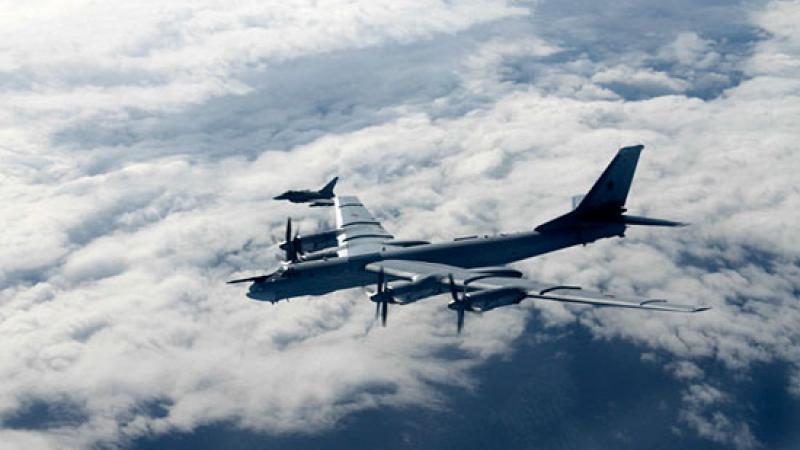Austin orders review of investigation of 'righteous strike' that killed innocent civilians
A Hellfire missile was launched Aug. 29, aiming to kill ISIS-K planners. Instead, the strike killed "as many as 10 civilians, including up to seven children," Gen. Kenneth F. McKenzie, the head of U.S. Central Command, said Friday.
The August missile attack that Gen. Mark Milley described as a "righteous strike" on a terrorist actually was a "tragic mistake" that killed civilians, military officials said — and now the post-event investigation will itself be investigated, according to Pentagon chief Lloyd Austin.
The Hellfire missile was launched Aug. 29 in Kabul, aiming to kill ISIS-K planners. Instead, the strike killed mostly children, said Marine Corps Gen. Kenneth F. McKenzie, the head of U.S. Central Command, while speaking on Friday to reporters.
"Having thoroughly reviewed the findings of the investigation and the supporting analysis by interagency partners, I am now convinced that as many as 10 civilians — including up to seven children — were tragically killed in that strike," McKenzie said. "Moreover, we now assess that it is unlikely that the vehicle and those who died were associated with ISIS-K or were a direct threat to U.S. forces."
The revelation was a stark reversal from the muscular language the Biden administration in August used when describing the attack.
General Mark Milley, the Chairman of the Joint Chiefs of Staff, initially told reporters that proper procedures were followed, resulting in a "righteous strike" that killed an ISIS facilitator.
The attack targeted Zemari Ahmadi, a 43-year-old aid worker, officials said.
"We now know that there was no connection between Mr. Ahmadi and ISIS-Khorasan, that his activities on that day were completely harmless and not at all related to the imminent threat we believed we faced, and that Mr. Ahmadi was just as innocent a victim as were the others tragically killed," Defense Secretary Lloyd Austin said in a Friday statement.
Austin apologized for the mistake, and vowed to learn from the incident, and to investigate the immediate post-strike inquiry.
"I have directed a thorough review of the investigation just completed by U.S. Central Command," Austin said, adding: "We will scrutinize not only what we decided to do — and not do — on the 29th of August, but also how we investigated those outcomes," Austin said.
The strike was launched after tracking the suspect vehicle for much of the day, he said. Late in the afternoon, the vehicle drove to a location near the airport.
"We were very concerned that the vehicle could move quickly and be at the airport boundary in a matter of moments," McKenzie said. "By this time, we'd observed the vehicle for about eight hours."
The strike was launched while the vehicle was idle inside a compound.
"Our investigation now concludes that the strike was a tragic mistake," he said.
The revelations come at a tumultuous time at the Pentagon, when Milley and Austin are being probed for their part in the chaotic U.S. exit from Afghanistan. Additionally, Milley is being scrutinized over controversial actions that were revealed in a forthcoming book.
The alleged actions include secretly calling the top military officer in Beijing, and holding a clandestine gathering of American military officers to demand that they only obey command orders that came through Milley. The allegations were lodged in the pages of "Peril," by Washington Post journalists Bob Woodward and Robert Costa.















